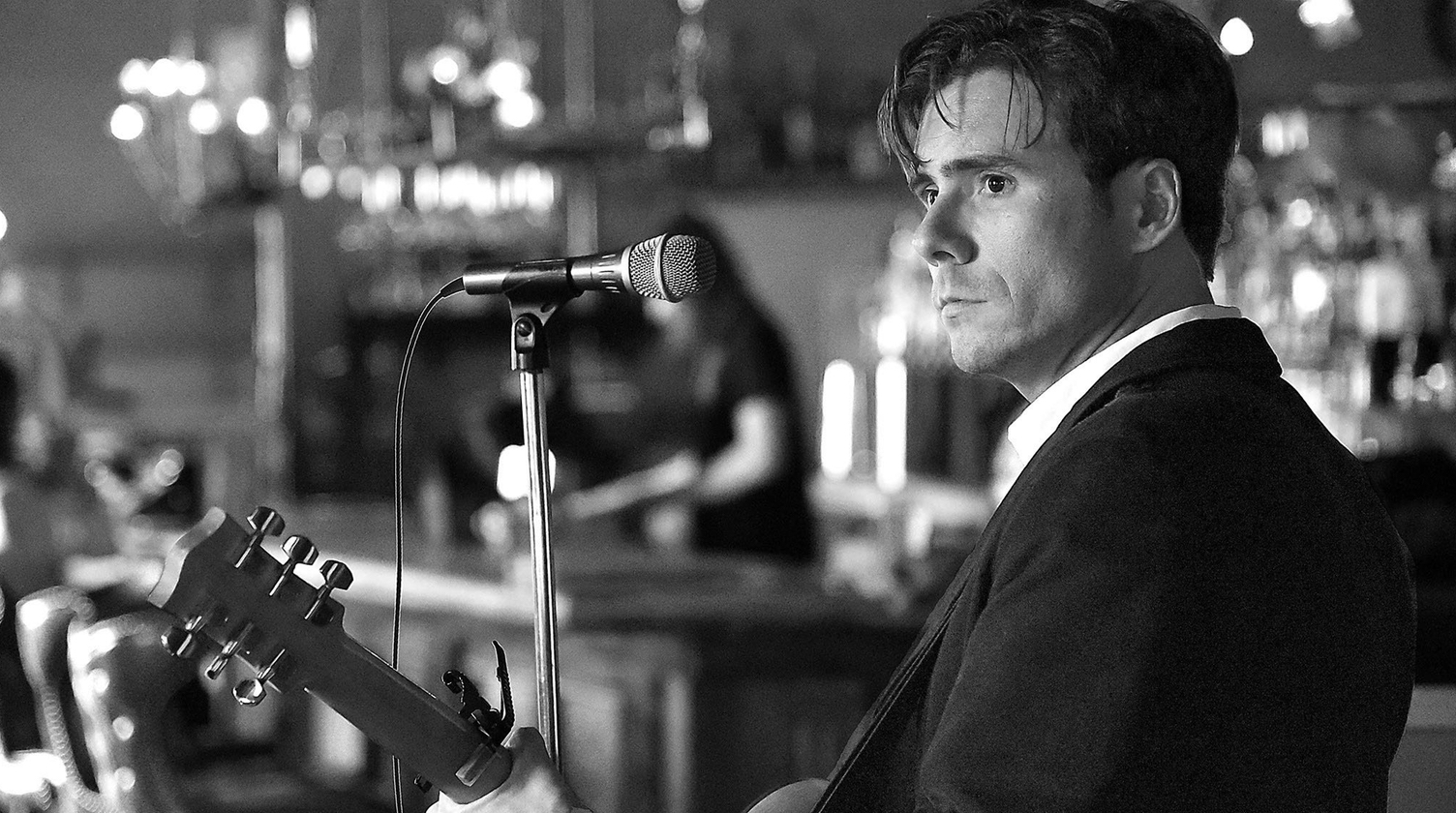
Jimmy Eat World’s sixth studio album, Chase This Light, turns ten this year. To celebrate, I spoke to vocalist and guitarist Jim Adkins about the writing of the record, the expectations placed on the band, and stepping out of their comfort zone.
How do you decide who’s going to produce your records? I know you were kind of known for working with Mark Trombino for a while, but your last two albums you’ve gone with other producers. Do you have an idea of the vibe you’re going for and you choose from there, or do you choose the producer and then let the album go from there?
In the career of the band, most of the albums we’ll demo out basic recordings of the ideas we have and that gives us a feel for the vibe that’s emerging. Then we pick a producer based on who we feel is going to best empower that. Mark is a great producer and engineer and I think his musical sensibility lines up with what we try to do. It’s important to keep checking yourself, though, because if you keep doing the same thing over and over again, you’re not challenging yourself. I think it’s important to use different people for different things. Everyone works a different way and everyone has a different musical background and perspective to bring to a project and I just view working with producers as an insane opportunity to learn from these people that’ve done a lot of work.
Do you have any songs that you wrote that you wish got more attention or were received differently?
It got a pretty good response live, but I really liked the song “Carry You.”
“Carry You” is one of my favorites on Chase This Light too.
Yeah. But I think that’s a tricky question, because you’re proud of your work and you put it out there, and hopefully the right people will connect to it. Not everyone’s going to, but I think the right folks will find it, and that’s not really up to you. Over the years I think we’ve done a good job of keeping that in check and not letting it get to our heads either way what the response is.
I would say Futures and Chase This Light are about as opposite as you can get, with Futures being darker and more midtempo and Chase This Light being catchier, more upbeat power pop. Were you intentionally trying to make a very different album, or when you started writing is that just how the songs ended up?
I think when you approach writing an album, you want to push yourself into a new place, and usually the first thing you look at is what you did last. If you look at our albums, I see each one as a reaction to the previous one. I think they all do that, some more drastically. I think you’re right on that, Futures and Chase This Light are pretty far apart. Yeah, some of that was intentional.
What do you think of the way Chase This Light has been sort of reevaluated? Coming off of Futures, I don’t think it was what a lot of people expected at the time, but now I always see it up there as some of your best work. I know a lot of people – including me – who’d even say it’s their favorite Jimmy Eat World album.
No, I get it. For an album to really get to mean something personal, you need time to live with it and form your own connection to it. And that’s the case with anything, really. The records that I still listen to from ten years ago aren’t the ones that I instantly loved and played the hell out of, you know? They were the growers. Maybe Chase This Light was one of those records for bands. I think everybody does that – especially coming from a record like Futures and then you put out a record like Chase This Light. Or if you put out OK Computer and then you put out Kid A. That’s a more extreme example, but when you like this record, you like this band, the next record won’t be as good, you know? It’s difficult to remove that bias and start over. Sometimes time is the only thing that does that.
Is there anything you wish you could change about Chase This Light? Songs you wish you’d included or cut, things you wish you did differently?
No, I mean, the songs that we didn’t put on the record we can just have out on streaming now. There’s a song called “Be Sensible” that we used for the Japanese version of the album. Now I think we wouldn’t do that. We would just put everything on the album because the idea of region-exclusive tracks is a completely moot point because of streaming. It’s a global thing now. I remember going, as a kid, spending, like, double the money on the UK import of an album by a band I liked for the extra songs. The reason they did was that if your American band wasn’t super popular in other regions, the bonus songs were to entice local people to buy the local label’s release. Like, you could buy the American version as an import, or you could get the Japanese version, which has two extra songs on it. But the inverse of that always happened (laughs). You’d get the American people trying to hunt down the import versions that were intended to get people to buy their local label’s release.
I’ve just got one more question. I know people would kill me if I didn’t ask this – have you got any plans for the tenth anniversary of Chase This Light?
We’ll do something. I’m not sure what yet, but something.
Thanks a lot for taking the time to talk with me.
It was good talking to you, thanks.